BSc Single Honours Psychology and Counselling Studies
Undergraduate
- Start date
- –
- Study mode
- –
- Course length
- –
- UCAS Code
- –
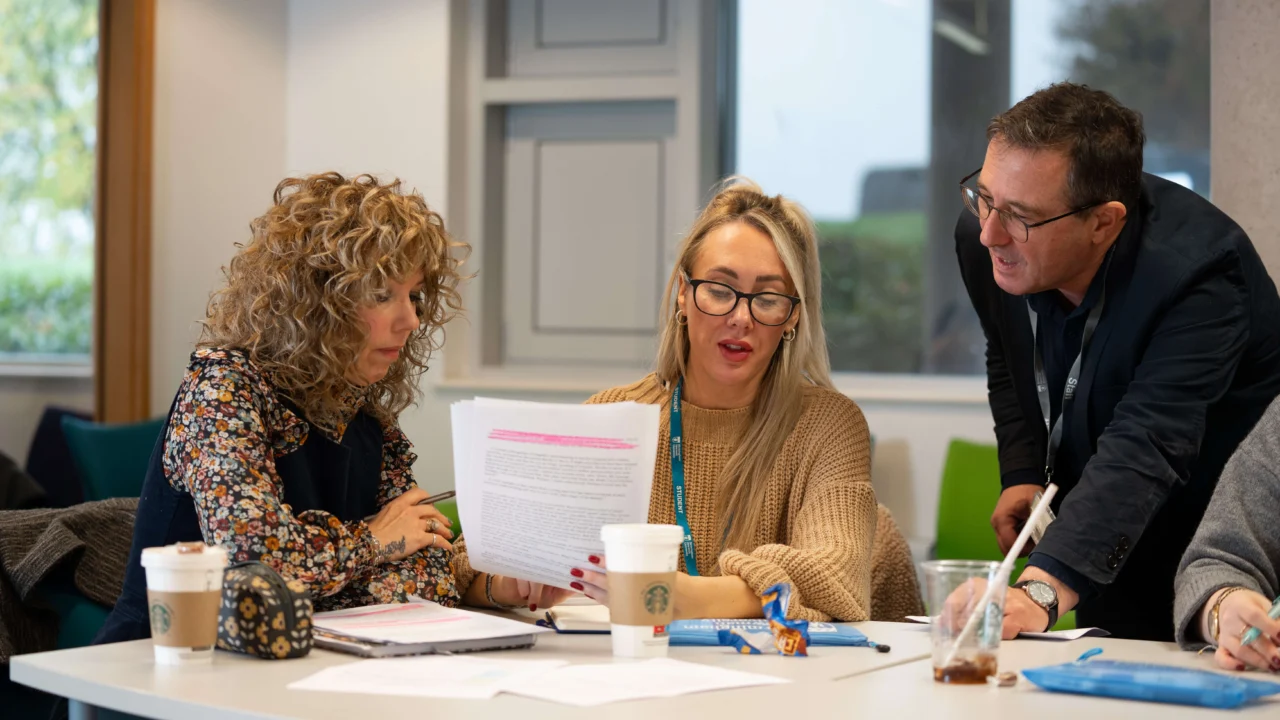
Interested in a different start date?
The BSc Psychology and Counselling Studies at Birmingham Newman University offers a thoughtful and encouraging learning environment where you can explore human behaviour and develop practical skills to support others. This three-year honours degree is suited to those seeking to broaden their understanding of psychological theory while building reflective and empathic skills that are valued across many sectors. You will benefit from a course structure that combines academic rigour with opportunities to apply learning in real-world settings, helping you link theory to practice.
You will study key areas in psychology, including cognitive, social, biological, developmental and individual differences, alongside focused counselling modules that connect theory to practice. Teaching includes lectures, workshops, group work and independent study, supported by experienced psychologists and counsellors. These sessions are designed to encourage active engagement and critical thinking, with formative feedback provided regularly to support your academic development. You will also develop confidence in both quantitative and qualitative research and learn about the ethical foundations of psychological and counselling practice.
By the end of your studies, you will be eligible for Graduate Basis for Chartered Membership (GBC) with the British Psychological Society, giving you a clear route into postgraduate training as a psychologist, counsellor or psychotherapist. Your final-year dissertation allows you to investigate a topic of personal or professional interest, building skills in research design, analysis and communication. Graduates move into a variety of roles in clinical, educational, health, social care or community settings, or continue with further study, prepared to apply their knowledge with purpose and care. Many go on to work in support services, charitable organisations or multidisciplinary teams where psychological insight makes a tangible difference.
Why study this course
The BSc Psychology and Counselling Studies at Birmingham Newman University allows you to explore how people think, feel and behave, while developing counselling skills that support wellbeing in individuals and communities. This degree prepares you for careers in mental health, education, social care and related fields, equipping you with research expertise, ethical awareness and the confidence to communicate with empathy. You will learn to apply psychological principles to real challenges, whether supporting service users, informing policy or contributing to inclusive practice in health and community settings.
Supportive and Personalised Learning
At Birmingham Newman, you will join a collaborative academic community that values your perspective and supports your development. The course is delivered through a flexible blend of on-campus and online learning, designed to accommodate your academic, personal and/or professional commitments. You will be guided by a team with expertise across psychology and counselling, and benefit from personalised feedback, small-group teaching and structured opportunities for reflection. Whether you are preparing for further study or looking to apply your learning in practice, you will be supported throughout your journey.
Counselling, Psychotherapy & Talking Therapies Team
– Faisal Mahmood (Head of Subject (Counselling, Psychotherapy & Talking Therapies)
– Joanne Adams (Lecturer / Placement Manager)
– Kathryn Broome (Lecturer / Programme lead Introductory Cert Counselling)
– Stephanie Carr (Lecturer)
– Emily Evans (Senior Lecturer / Joint Programme lead FD)
– Carl Flynn (Senior Lecturer / Programme lead PWP)
– Sam Gallo (Senior Lecturer / Programme lead MSc Integrative Counselling)
– Kiran Kalsi (Lecturer)
– Karen Lee (Senior Lecturer)
– Linda Luckhurst (Senior Lecturer / Programme lead Advanced Diploma Psychotherapy)
– Awisha Magar (Lecturer)
– Bill Naylor (Senior Lecturer / Programme lead Counselling, MH & Wellbeing)
– Steve Roberts (Senior Lecturer / Joint Programme lead FD)
– Cassie Rowland (Lecturer)
– James Sedgwick (Senior Lecturer / Programme lead MSc in Integrative Psychotherapy)
– Rebekah Woodhouse (Senior Lecturer / Programme lead Joint Honours and Top Up)
– Sandra Boden – Senior Lecturer
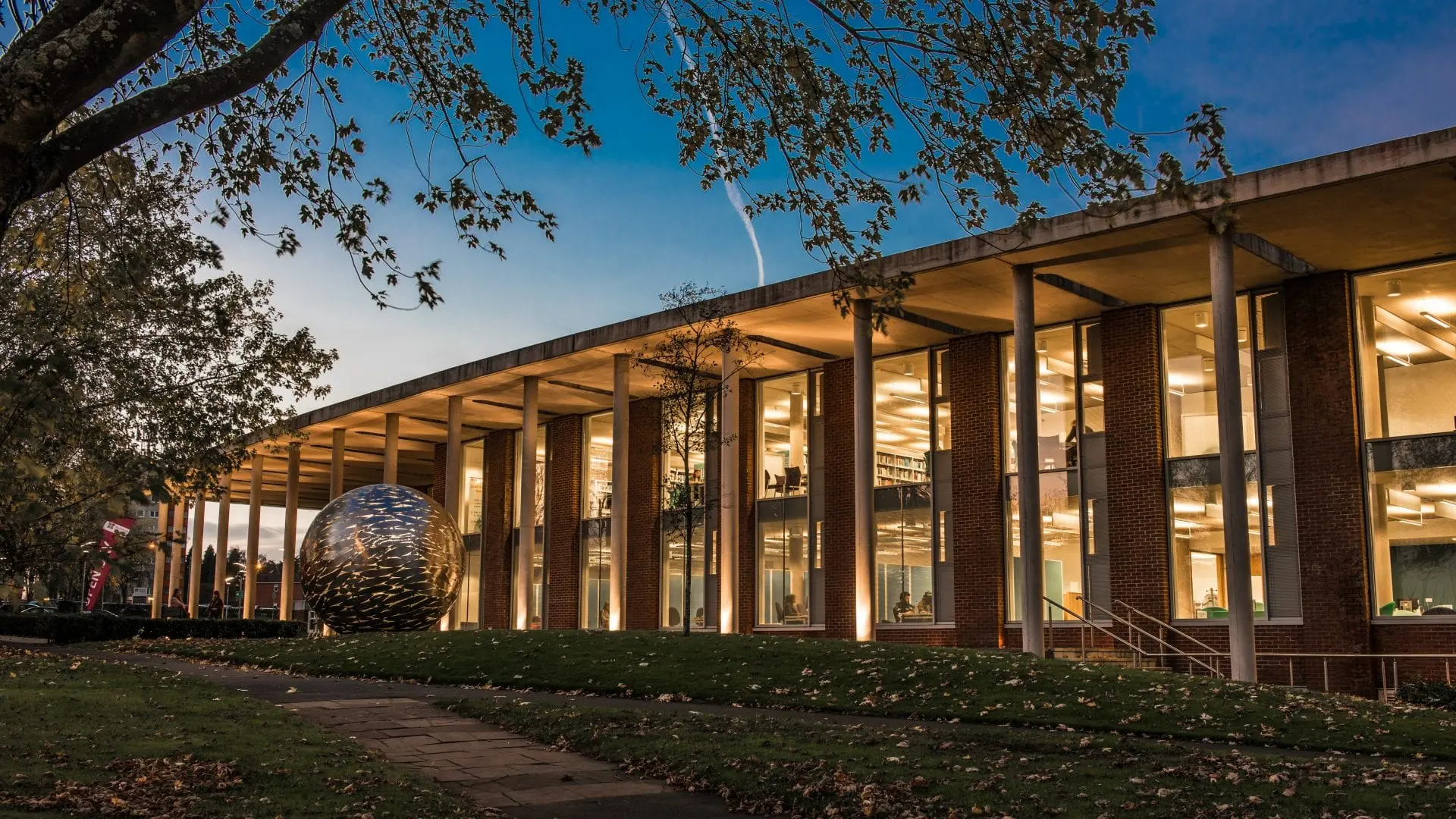
Got a question you’d like to ask?
Entry requirements Entry requirements, for UK home students, for September 2025 entry: 112 UCAS points
The tuition fee for academic year 2025/26 is: £9,535
Additional costs
The University will review tuition fees and increase fees in line with any inflationary uplift as determined by the UK Government, if permitted by law or government policy, in subsequent years of your course. It is anticipated that such increases would be linked to RPI (the Retail Price Index excluding mortgage interest payments).
Check out our blog/news/events

Exploring the World Through the Turing Scheme: Experiences from Spain and Germany
During the summer months of 2025, students from Birmingham Newman University took part in a…
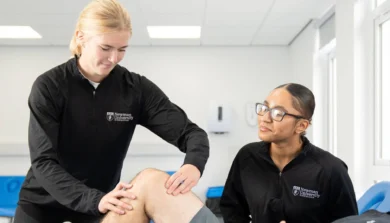
Birmingham Newman University to Launch Sports Massage Clinic Open to the Public
Birmingham Newman University is excited to announce the upcoming launch of its brand-new Sports Massage…

Birmingham Newman University Achieves Silver Award Recognition for Commitment to Defence Personnel
Over 100 guests gathered at the National Memorial Arboretum in Staffordshire to celebrate thirty-six regional…
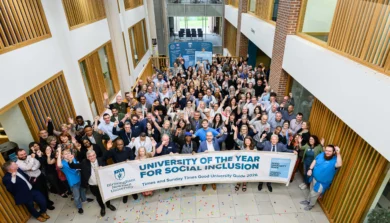
Birmingham Newman University Named The Times University of the Year for Social Inclusion
Birmingham Newman University is delighted to announce that it has been named University of the…

Dr Emma Powell Named Finalist in Birmingham Awards 2025 – Contribution to Education
Dr. Emma Powell SFHEA, Senior Lecturer in Primary ITE at Birmingham Newman University, has been…

Book an open day
Find out about our next open day. Book now to secure your place.
Placement information
Our Careers team provides tailored advice, placements and workshops to help you build confidence and prepare for life after university.

What careers can I consider
Our Careers team provides tailored advice, placements and workshops to help you build confidence and prepare for life after university.
Accreditations and exemptions
This programme is accredited by the British Psychological Society (BPS). Students who graduate with at least a lower second-class honours degree gain Graduate Basis for Chartered Membership (GBC), meeting the essential requirement for further BPS-accredited training and chartered psychologist status. While the BSc does not confer professional counselling registration, it provides a strong foundation in counselling skills, ethics and reflective practice, preparing you for postgraduate routes to BACP accreditation or related professional qualifications in counselling and psychotherapy.
Courses we think you'll also like

BSc Single Honours Psychology and Counselling Studies (with Foundation Year)
- Start date:
- Various

BSc Single Honours Psychology and Childhood Studies (with Foundation Year)
- Start date:
- Various
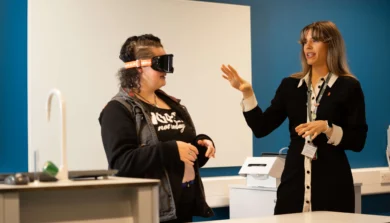
BSc Single Honours Psychology and Childhood Studies
- Start date:
- Various

BSc Single Honours Psychology (with Foundation Year)
- Start date:
- Various
